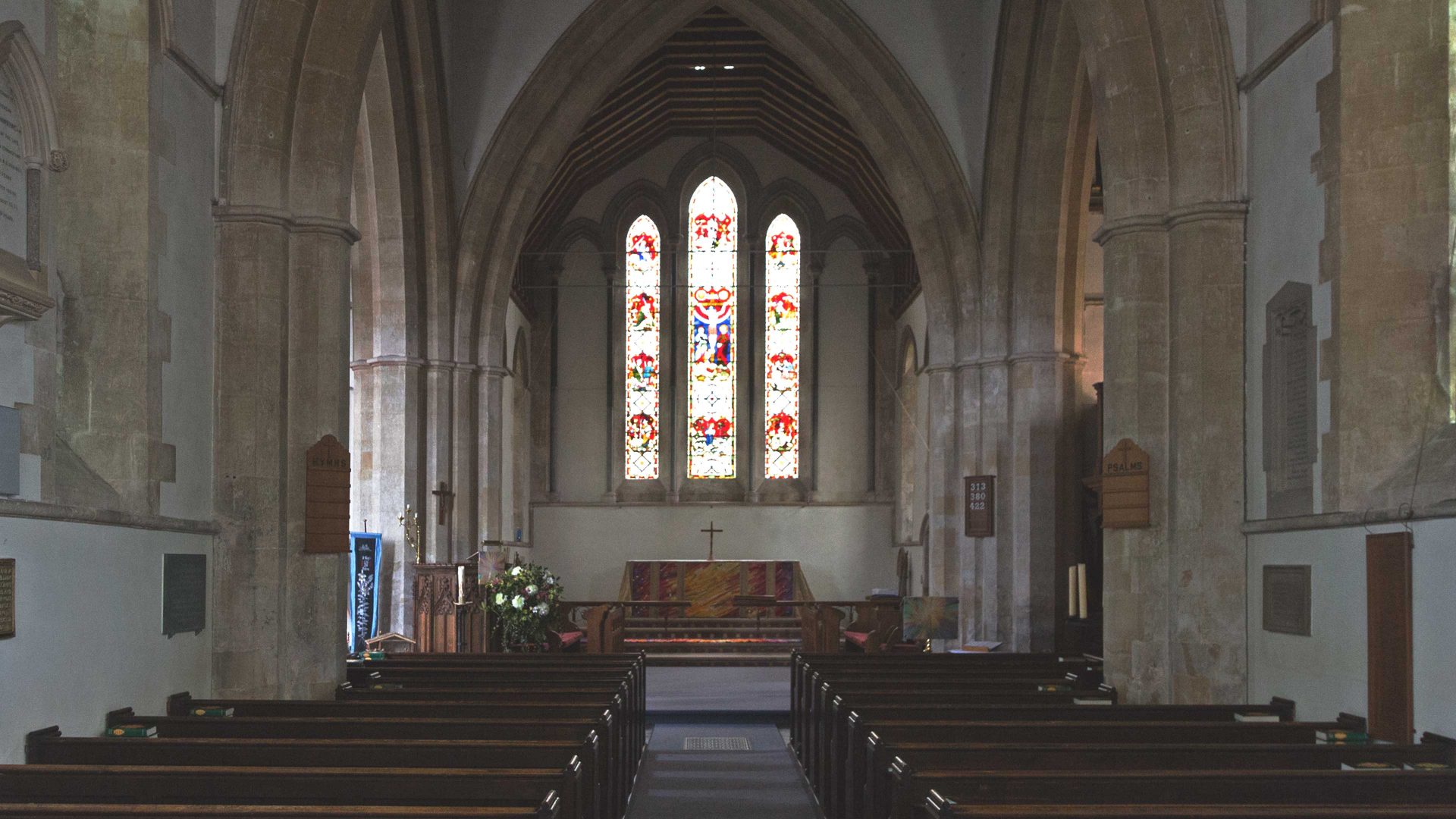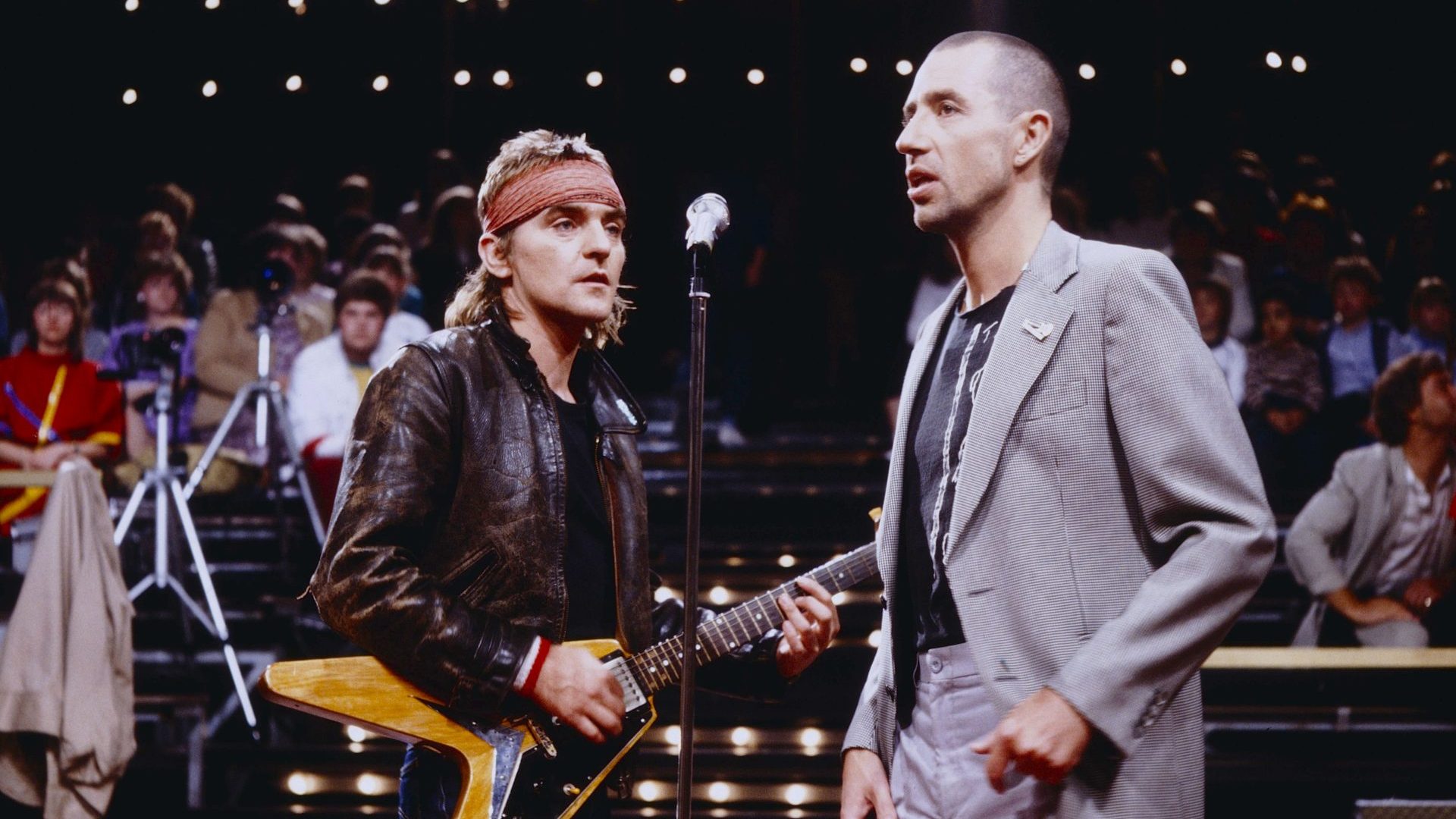There were a lot of kids and people of South Asian heritage frolicking about in the church stalls – which seemed odd: if the City of London churches are open on a Sunday, it’s more for sightseers than worshippers, given that there’s hardly any resident population in the Square Mile. What, I asked a man who was standing on the steps of the venerable St Andrew by the Wardrobe, was going on?
He explained that they were members of the Indian Orthodox Church, and the Anglican diocese shares the church with them, so they can celebrate Holy Eucharist each week. “How many Indian Orthodox are there in Britain?” I asked. “Oh,” he replied, “only about 300 of us.”
Which is, I suppose, not a lot. But then there are only around a million Indian Orthodox overall, which is why, perhaps, it isn’t too much to ask to let them have the use of one of the established church’s increasingly empty venues. Venues that are, of course, pretty much unsurpassed by secular buildings, when it comes to their beauty, and – despite the depredations of the “planners” – salience in our built environment.
A whopping 43% of Britain’s listed buildings are churches; and for the most part, as a result of not just the nominally Anglican population’s faithlessness, but our distinct antipathy to anything that smacks of religion, they remain not only void, but curiously invisible: no longer entered, it’s as if their exteriors have been cloaked in God’s own invisibility.
At least at St Michael’s – a modern, concrete church shaped like a petrified sail, off of the Camberwell Road – there was a lively crowd of children on the weekday morning when I stepped inside. Many churches, of course, now house playgroups – although these are arguably mundane rather than supernal requirements being fulfilled. The kids were being supervised by two women, one of whom, Meena, wore a hijab and a long, dark abaya. She told me she ran a Muslim women’s prayer group, which also used the church buildings – although they couldn’t worship in the main space itself, due to the presence of unacceptable imagery.
On an ad hoc basis many CofE parish churches are now opening up to other religious groups, but as yet there’s no official move to concretise – as it were – the King’s once-espoused desire to become defender of all faiths, rather than simply bearing the moth-eaten mantle bestowed on him as cynosure of the state’s cultic rituals.
It’s worth recalling at this point that the protestant credo in England, Wales and Scotland – let alone Ireland – has always been a very political kind of conviction; which perhaps explains why, when I asked him about other religious groups using his church, the senior priest at one of London’s greatest voiced the same banal anxiety concerning Muslims as any secular bigot: they might be jihadi terrorists.
And the Church of England might soon be disestablished if it carries on like this: sitting on a huge old property portfolio it can’t afford to maintain, but which it’s damned if it will let go of. Acting, in fact, like some transcendental parent – God the Father, perhaps – unwilling to give up his pee-smelling pulpit and enter a care home.
Obviously, the churches need to be kept – and not just gutted for apartments. I, for one, would like the system of parishes they sustain to remain as well: regardless of faith or faithlessness, that there is a nominated person in your neighbourhood, whose job it is to address your spiritual needs, remains a better mark of civilisation than, um, high-speed fibre-optic broadband.
But my suspicion is that the two will stand or fall together – and that in order for the churches to be properly cherished, they’ll have to welcome in people of other faiths and no faith at all. How all this is to be done without simply capitulating to mammon is perplexing – it’s almost as if some sort of moral, or even spiritual, revival were necessary that would convince people there’s a better way of sustaining their culture than by buying overpriced lemon sherbets from an English Heritage gift shop (see MM passim).
A good place to start, though, would be simply to expend the resources necessary to open them all, even if only for a day. It might be an idea if people brought food, and indulged in a strange sort of polytheistically perverse communion: eating the food of other families, from different cultures and classes, and thereby absorbing into one another’s bodies the substance of our multicultural society.
Anyway, just a thought.



